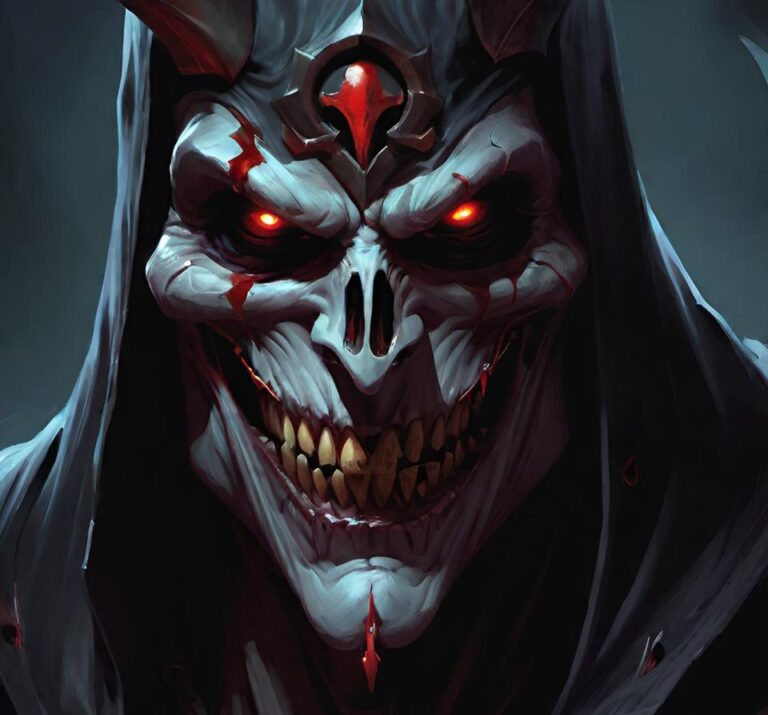Why Conviction is a Powerful Aspect for an Antagonist/Villain
When it comes to crafting a compelling antagonist or villain, there are many factors to consider. From their motivations to their actions, everything about the villain should be designed to create tension and opposition to the protagonist. One aspect that, in my opinion, greatly enhances the impact of a villain is conviction.
Picture this: a villain who not only knows that their actions are evil but also fully embraces their wickedness without hesitation or regret. This level of conviction adds an intriguing layer to their character, making them all the more captivating. It’s almost paradoxical, but it works wonders in creating an engaging narrative.
Having a clear vision and unwavering conviction is essential for a formidable antagonist. Imagine a villain who is willing to go to any lengths to achieve their goals, even if it means causing harm to innocent people or performing heinous acts. Knowing that they firmly believe in their cause, regardless of societal norms or consequences, sends shivers down our spines.
But why is it that conviction enhances the villain’s impact so much? Firstly, it adds depth and complexity to their character. Instead of being a one-dimensional embodiment of evil, the villain becomes more relatable in a twisted way. We get to understand their mindset, their beliefs, and what drives them, which can sometimes blur the line between hero and villain.
Additionally, a conviction-driven villain heightens the stakes for the protagonist. When the antagonist is unyielding in their actions and holds steadfast to their beliefs, it creates a formidable obstacle for the protagonist to overcome. It turns a conflict into a battle of wills and ideologies, making the story all the more gripping.
The absence of a redemption arc also adds to the power of conviction. A villain who refuses to back down or seek redemption demonstrates a resolve that is almost chilling. It raises the tension and keeps us on the edge of our seats, wondering how the protagonist will ever overcome such an unwavering force.
So, what do you think makes a great villain? Is conviction an essential aspect for you as well? Let’s explore some additional perspectives:
– Some may argue that complexity is crucial for a villain, with layers of motives and conflicting emotions. How do you feel about this?
– Others may prioritize a tragic backstory that provides context for the villain’s actions. Do you believe that sympathy or empathy for the antagonist enhances the storytelling experience?
– Can a villain be truly memorable without conviction, or does it make them more forgettable if they lack a clear vision and unwavering actions?
It’s fascinating how different qualities and aspects can shape our perception of a villain, evoking emotions ranging from fear to admiration. Ultimately, it is the combination of elements like conviction, complexity, and backstory that creates an unforgettable antagonist.
If you enjoyed reading this article, why not share it with your friends? Let’s ignite a discussion about what truly makes a great villain in storytelling. After all, exploring the depths of these characters is part of the magic that keeps us coming back for more.

